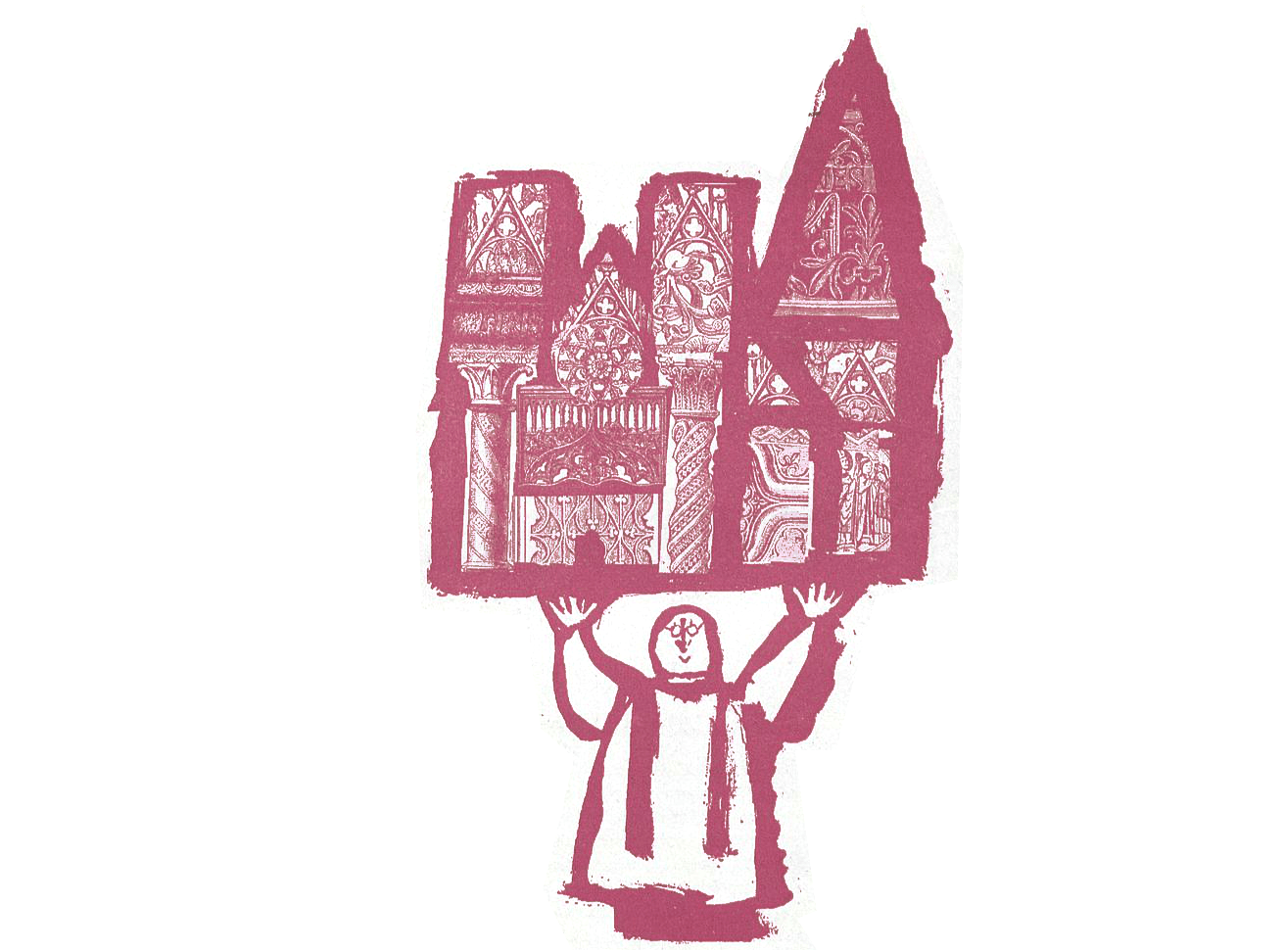When I was a teenager someone asked me if I was scared of dying. No, I said, but I’m a bit scared of living.
I want to say the same thing to David Baddiel. In his new book The God Desire he seems to be trying to present himself as a more nuanced sort of atheist, whose Judaism allows him to understand the appeal of religion, even as he decides that he is too intellectually honest to believe.
But his central thesis strikes me as the very opposite of nuanced. He argues, in line with generations of middlebrow atheists, that the desire to believe in God comes from the fear of death. We believers just can’t cope with the unpalatable truth that oblivion awaits, so we perform all sorts of mental gymnastics in order to cling to the opposite possibility.
I just don’t think it’s true. It’s not true from my own experience, and it doesn’t seem a major factor in other believers whose minds I have tried to peer into.
The real ‘God desire’ is the desire for meaning. People start taking religion seriously when they realise that the various non-religious worldviews on offer are thin, flimsy, when a real visceral hunger for meaning has hit them. Ah, but it’s for us to construct meaning, says the humanist – surely one can draw on the greatness of art and science and politics, in order to create a bravely human worldview. Surely this is the nobler path, the path of undeluded self-actualisation.
Well, we believers have explored this path, and found it wanting. We have found that it involves a sort of imposture – for when it gets serious it echoes the energy of religion, whether pagan, Christian or other. When we see people finding sufficient meaning in art and literature and political campaigning and football and food and so on, we want to say, ‘really? How strong is your desire for meaning?’ We value these things too, but we don’t find it brave to construct a worldview from these bits and bobs. Rather, it seems to us that your need for meaning must be relatively weak, if this hodgepodge is adequate.
We have found that the secular orthodoxy is simply too weak to get us through the night. I mean the dark night of despair. Ah, so you need religion as a crutch, says the humanist – whether the fear is of death or despair. Well yes, he is right, more or less, and we should admit it – there is no shame in admitting one’s weakness, one’s need of God, and one’s consequent need of the grand mythological tradition that mediates him. But it’s important to identify despair as the key peril, not death. For death is unavoidable, and despair has an opposite, an antidote: faith.
The humanist will reply that he just does not feel this sense of painful meaninglessness, of despair, that makes faith a necessity. The believer will reply that he is not looking hard enough for meaning, that he is too easily satisfied with flimsy comfy half-answers. It’s not much of a dialogue, is it? But it would be nice if humanists attended a little more carefully to the way that religion actually works before publishing their fashionable simplifications.








Comments